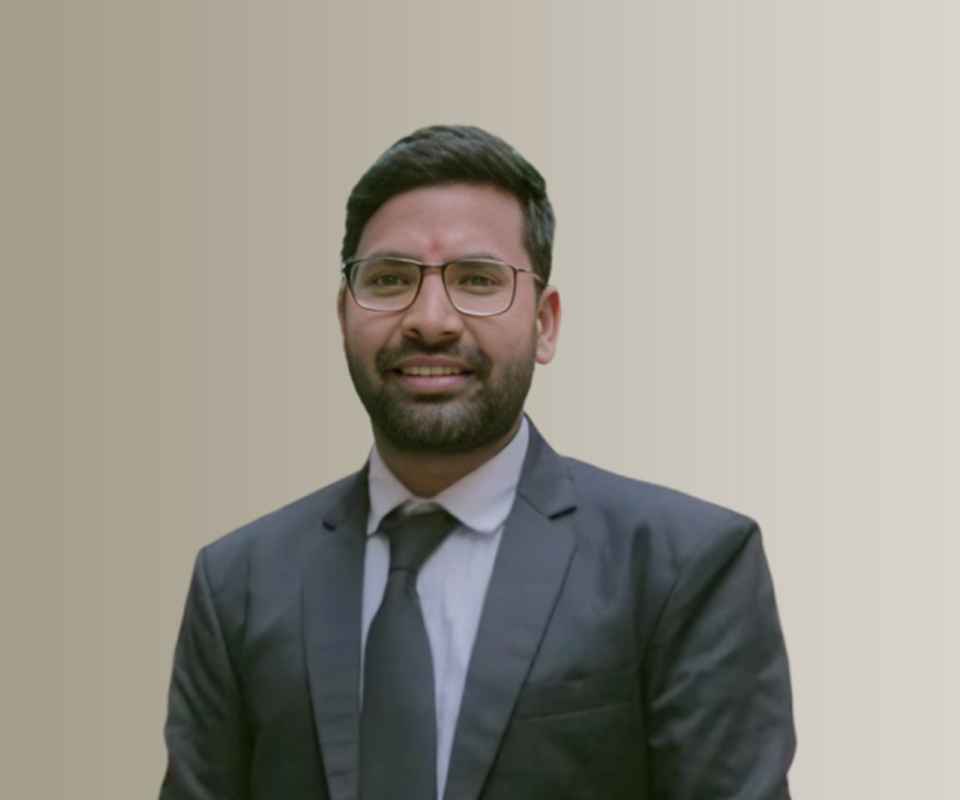Answer By law4u team
In drug-related criminal cases, expert testimony plays a crucial role in presenting specialized knowledge and evidence that can significantly influence the outcome of a trial. Experts in fields such as toxicology, forensic science, law enforcement, and drug analysis are called upon to provide objective, scientifically backed testimony that helps clarify complex issues related to the drugs in question, the methods of trafficking, and the impact of the drugs on individuals or communities. This testimony can strengthen the prosecution’s or defense's case, depending on the expert's findings.
Role of Expert Testimony in Drug Cases
Forensic Toxicologists:
Forensic toxicologists are experts in drug testing and can provide testimony regarding the presence of drugs in a suspect's system, their method of ingestion, and the effects they may have had on the individual.
In cases where drug possession or use is a key issue, toxicologists can testify to blood, urine, or hair samples and identify specific substances and their concentration in the body.
For example, in a case where an individual is charged with driving under the influence of drugs (DUID), a toxicologist’s testimony regarding the presence of narcotics or alcohol in the person's system can directly influence the outcome of the case.
Forensic Scientists:
Forensic scientists play a critical role in drug-related criminal cases by conducting laboratory analysis of drug evidence. They can determine the type and purity of a substance, which is crucial in distinguishing between drug possession for personal use and drug trafficking.
Forensic scientists provide expert testimony that identifies substances such as heroin, cocaine, methamphetamine, or marijuana, based on their chemical properties.
Their testimony can help establish whether the quantity of drugs found was consistent with personal use or indicative of drug distribution.
Drug Recognition Experts (DREs):
In some cases, law enforcement officers are trained as Drug Recognition Experts (DREs), and their testimony can be critical in cases involving drug-impaired driving or drug-induced behavior.
DREs use a standardized protocol to evaluate individuals suspected of being under the influence of drugs. They assess a person’s physical appearance, mental state, and vital signs to determine the presence of drug impairment.
The testimony of a DRE can help establish the behavioral signs of drug use, which may serve as crucial evidence in a case involving impaired driving or drug possession.
Law Enforcement and Investigative Experts:
Experienced law enforcement officers and investigators can provide expert testimony regarding the methods and patterns of drug trafficking. They can explain how drugs are commonly smuggled, distributed, or sold, which may be key in cases involving drug trafficking or distribution.
Testimony from law enforcement can also address how certain drug paraphernalia, like scales, packaging materials, and large amounts of cash, are associated with drug distribution rather than personal use.
Officers with specialized training in drug enforcement can offer insight into the characteristics of drug trafficking organizations, helping the court understand the broader context of the alleged crimes.
Psychological Experts:
In some cases, psychologists or psychiatrists are called to testify about the mental state of the defendant, especially when drug addiction or coercion is involved.
A psychological expert might explain the impact of drug dependency or mental illness on a person’s ability to understand or control their behavior. This can be important in cases where the defendant’s criminal responsibility is in question or where the individual is seeking leniency based on their addiction.
Impact on Sentencing:
Expert testimony can also play a role during the sentencing phase of a drug case. For example, if a defendant is convicted of a drug trafficking offense, expert testimony regarding their level of involvement in the trafficking operation or their addiction can influence sentencing.
For instance, a psychologist’s testimony about a defendant’s rehabilitative potential or a forensic toxicologist’s report on a defendant’s drug use could help the court determine whether treatment, rehabilitation, or incarceration is the most appropriate sentence.
How Expert Testimony Influences Drug Cases
Establishing Facts:
Expert testimony can confirm or refute key facts in a drug case. For instance, in a case where a person is accused of possessing a controlled substance, the expert testimony of a forensic scientist could establish whether the substance in question is indeed an illegal drug or a legal substance.
Clarifying Complex Issues:
Drug-related cases often involve technical and scientific aspects, such as the method of drug synthesis or the physiological effects of drugs on the human body. Expert testimony helps the court understand these complexities in simple terms.
Experts can also explain how certain drug-related behaviors or trafficking patterns are indicative of criminal activity, allowing the judge or jury to make an informed decision.
Challenging the Prosecution’s Evidence:
In some cases, expert testimony is used by the defense to challenge the prosecution’s evidence. For example, a defense toxicologist might dispute the prosecution's drug testing results, or an expert in drug identification might challenge the reliability of the drug analysis conducted by the state’s forensic lab.
By questioning the chain of custody or the accuracy of drug tests, expert witnesses can raise doubts about the evidence, potentially leading to the dismissal of charges or a reduced sentence.
Reinforcing Credibility:
The credibility of the expert plays a significant role in the effectiveness of their testimony. A well-respected expert with a background in drug analysis or toxicology can significantly bolster the credibility of the defense or prosecution’s case.
In some cases, the defense may employ experts who testify on behalf of the defendant's character, motivation, or circumstances, aiming to reduce the severity of charges or sentences.
Example:
Case of Sarah: Sarah is charged with possessing and distributing methamphetamine. During the trial, a forensic toxicologist testifies that the substance found in Sarah's possession was indeed methamphetamine. Additionally, a drug recognition expert gives testimony about how Sarah's behavior during the arrest was consistent with being under the influence of methamphetamine. The defense presents a psychological expert to explain that Sarah has been struggling with substance use disorder. These expert testimonies provide the court with critical insights into Sarah’s actions and mental state, ultimately influencing her sentence, which includes drug rehabilitation instead of a lengthy prison term.
Conclusion:
Expert testimony is vital in drug-related criminal cases, offering scientific, technical, and specialized insights that can clarify complex issues such as the identification of drugs, the effects on the human body, and the methods of drug trafficking. Whether the expert is a forensic scientist, a toxicologist, or a law enforcement officer, their testimony can strengthen or weaken the case for both the defense and the prosecution. By helping the court understand the facts and circumstances of the case, expert testimony can significantly influence the verdict and sentencing in drug cases.







